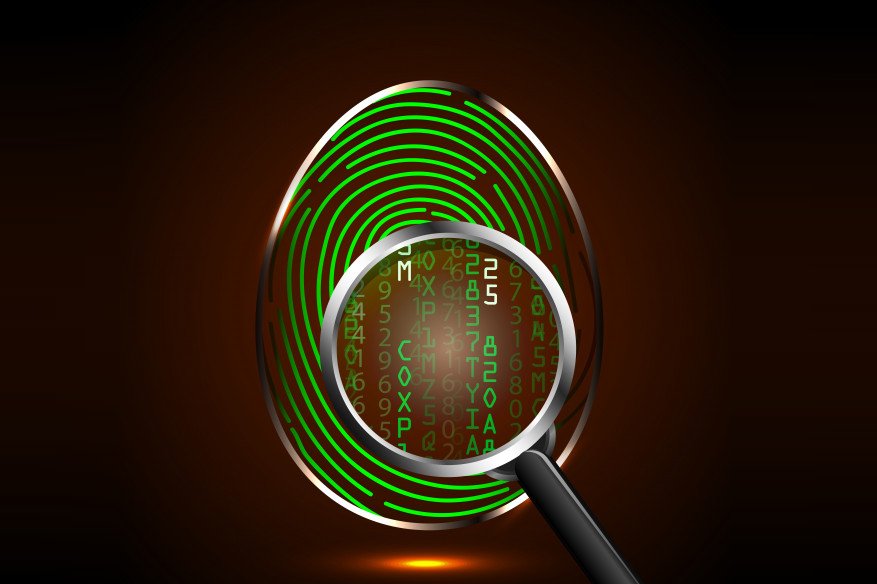What Is Computer Digital Forensics? How Can You Qualify As One?

When a normal person hears the phrase computer forensics, immediately comes to mind an image of a shadowy figure wearing reflective glasses and a white lab coat inside a server room. The goal of digital forensics is to recover information from media held by a suspect, in the hopes to extract relevant information for the resolution of a crime. Some of the first digital crimes date back to the late seventies and early eighties. In those days, computer security and privacy were the topics of interest only for a very small group of innovative computer scientists.
Before the arrival of the new millennium, the discussion still revolved mainly around the recognition of computer crimes as serious threats to personal, business and national security. The typical forensic process has several distinct stages: seizure, forensic acquisition, analysis and the production of a report based on the collected data.
Computer forensic specialists deal with both the private sector and the public sector. When it comes to the public sector, their job is to support or refute a hypothesis before criminal or civil courts. The bread and butter of forensic investigators in the private sector are corporate investigations and intrusion investigations. As the complexity of modern technology increases, computer forensic specialists often concentrate on one or more subcategories of digital forensic science, to gain knowledge at the expert level.
Digital forensic experts are hired for specific cases of corporate, political and even personal nature.
In the case of corporate espionage, in companies whose email accounts of managers have been hacked to appropriate strategic business information.
- Politically, they are responsible for complaints about spying emails with political motives.
- In the personal area, in cases of violation of privacy for sentimental reasons of ex-partners who circulate defamatory information or photos of explicit sexual content on the internet and social networks.
- In addition, they deal with false profiles of computer criminals.
To describe some of the many forensic computer tools used by forensic computer researchers and specialists, imagine a crime scene with child pornography stored on a personal computer. In most cases, researchers first disconnect the hard drive from the PC and connect it to a hardware write lock device. This device makes it completely impossible to alter the contents of the HDD in any way at the same time allowing researchers to capture and preview the contents of the disk.
Many professional forensic specialists prefer to build their own custom toolboxes from individual tools and utilities that exactly match their needs and preferences. The options are plentiful for each stage of the forensic data recovery process, including forensic hard disk analysis and forensic file system analysis.
The field of forensic software analysis is full of innovative and prolific, existing software companies that are ready to expand their operations. Remember, to catch a criminal, you must think like a criminal. A digital forensic analyst has to be incredibly curious about how computers work and how people behave as well. In addition to curiosity and knowledge, the digital forensic surgeon is expected to have above-average oral and communication skills. A considerable part of an expert’s work is devoted to writing reports and explaining evidence.